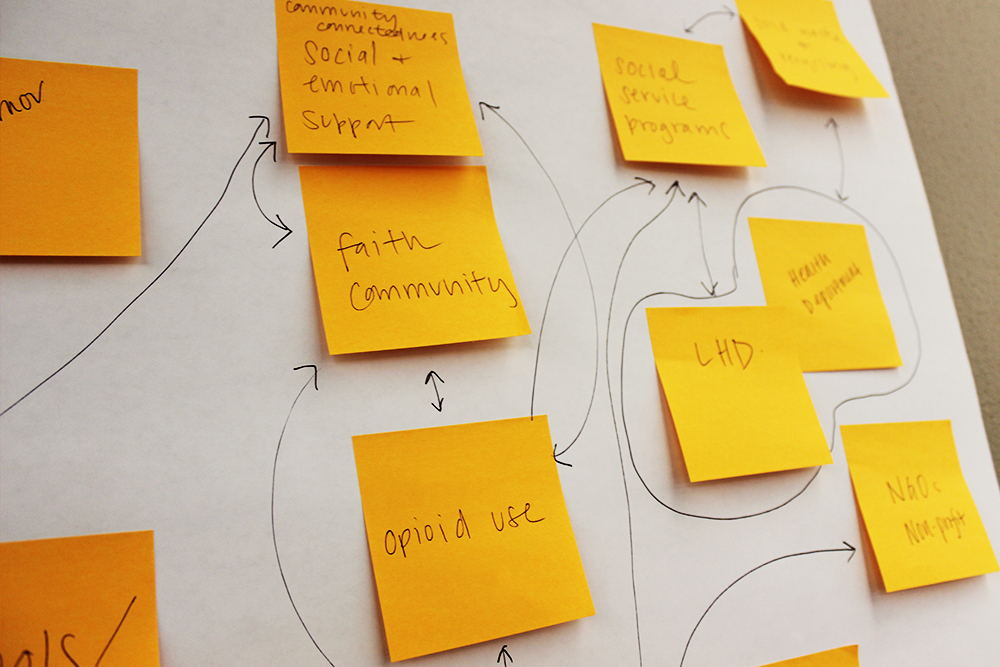Organizational systems thinking is a holistic approach to understanding and managing an organization by recognizing the complex network of interconnected elements at play, internally and externally. This impactful technique enables people to predict the consequences of a potential change. Organizational systems thinking leads to enhanced decision making, improved problem solving and identifying root causes, increased cross-functional collaboration, leadership development, and greater adaptability by considering the bigger picture.
This eight-week series introduces participants to organizational systems thinking. Using current concepts and models to examine their own organizations and projects, participants will develop capacities to perceive, understand, and facilitate change in public health organizations.
Learning Objectives
Learners in this series will:
- Describe and map their public health organizations as systems
- Improve communication and group dynamics in group systems
- Understand and practice methods that encourage innovation and creativity in organizational systems
- Explain and demonstrate how to encourage learning for change in organizational systems
- Identify at least three principles of organizational change and understand how to apply them
Instructor
Mary Kay Chess, PhD
Public Health Management Certificate Faculty
Intended Audience
Systems Thinking is designed for public health professionals who want to understand system complexities and analyze dynamic environments. It is meant to be a highly interactive learning opportunity. This training is designed for local, state, and tribal public health professionals.
Format
This is a live training that can be offered upon request to organizations or teams. This training is typically offered through a set of weekly interactive webinars on Zoom.
Cost
This training is supported, in part, by the Public Health Infrastructure Grant. The cost varies depending on the number of participants and other factors. Contact us to discuss bringing this to your organization or team.
Time Commitment
The training is divided into eight, 90-minute sessions. Sessions consist of short lectures, breakout activities that allow for practicing the materials, and engaging with others in group discussions. There is no additional time commitment for participants outside of the live sessions.
Participant Statement
Various backgrounds, embodiments, and experiences are essential to the critical thinking endeavor at the heart of education. NWCPHP brings this principle to our programs and trainings and expects participants to as well.
Questions
For more information or to discuss how to bring this training to your organization or team, contact Christine Ector.



